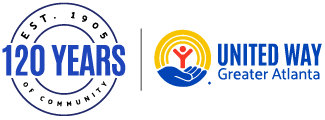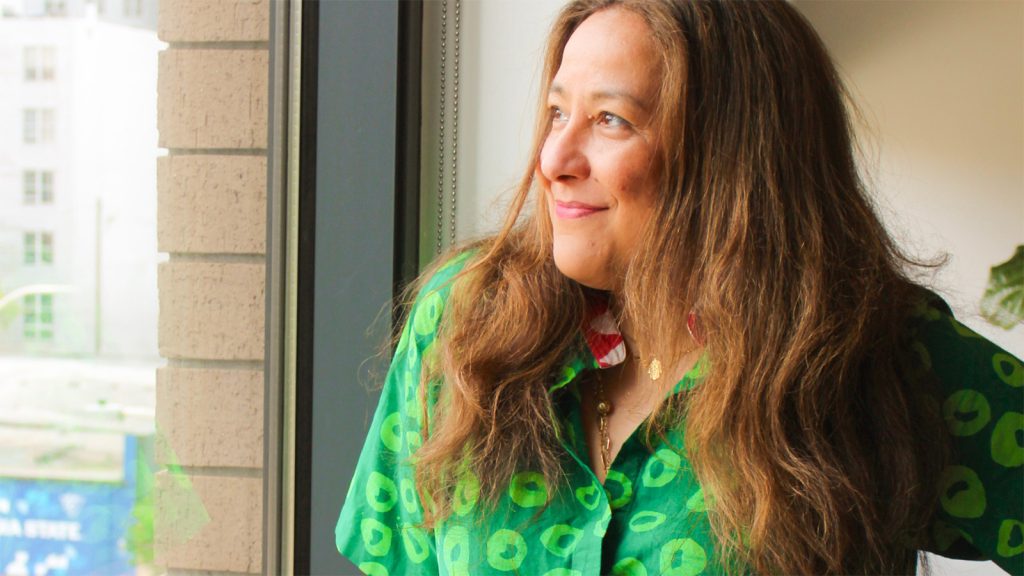When Nadia Rahali started her first job, newly married and fresh out of college, at a multinational hospitality company 20 years ago, her manager pulled her into a meeting with United Way of Greater Atlanta representatives to learn about the work they were doing in her city.
She remembers learning about their new 211 program, a contact center that connected people to resources they needed for help through a central, easy-to-remember number. After the presentation, her company asked if she wanted to enroll in their giving program to fund United Way’s work, and she said yes.
For Nadia, it wasn’t just about giving to those in need — although that was an added benefit — but about representing herself as a bought-in, emerging leader in the hospitality industry.
But there were two sides to this Nadia: the corporate leader who excelled at work and gave back to the community, but also a contrasting version of herself at home where she was in a difficult position in her marriage.
Eventually, the two selves became difficult to keep separate.
“At the time, I was coming into work with black eyes and telling my coworkers, “Oh I fell off a bike,” she said, shaking her head. “Today, I still have scars.”
She remembered the United Way 211 phone number from her workplace giving presentation, and, finally, on a Saturday night, found courage within herself to call.
Three life-changing words: “Tell me more.”
The agent on the other end of the line heard Nadia’s request for help, and at first, she started researching referral options for marriage counseling. But mid-conversation, she stopped and offered Nadia three life-changing words: “Tell me more.”
After hearing more of the context of her situation, the 211 Contact Center agent encouraged Nadia to leave for her safety and walked her through her options.
“She found that I was in a really critical impasse in my life and gave me resources to shelters for domestic violence and counseling services,” said Nadia. “It was the beginning of my freedom.”
211 agents, called Community Connection Specialists, are trained to be able to quickly triage a call, and navigate our database of 2,700+ partners. But they also must be skilled in connecting on a human level to those who reach out.
“I tell people all the time that it takes a special person to do this type of work. You have to be a caring person. You have to be able to listen,” said Donna Burnham, Vice President of 211. “I consider them experts in their field.”
As the agents listen to callers with situations like Nadia’s, they read between the lines to address issues that are maybe unspoken or anticipate additional needs that could be connected to the ones voiced on the call. They navigate all of this while making the caller feel understood and empowered.
“211 is not a hotline, it’s a transformational line. It transformed my life. I was listened to not as a victim, but as a possibility,” Nadia said.
For Nadia, she continued to show up with leadership in her career after starting fresh in a new home.
When a position opened at the Loudermilk Conference Center in 2003, she jumped at the chance to work so closely with United Way, hosting events for partners and other organizations dedicated to positive change. Today, she is the general manager of the conference center, working out of the same building that houses the 211 service that transformed her life.
If you or anyone you know needs help, our 211 team can connect you to our database of 2,700+ resources when you visit 211 online, text 898-211, or dial 211. To help us continue offering a lifeline of hope, please consider donating today.

